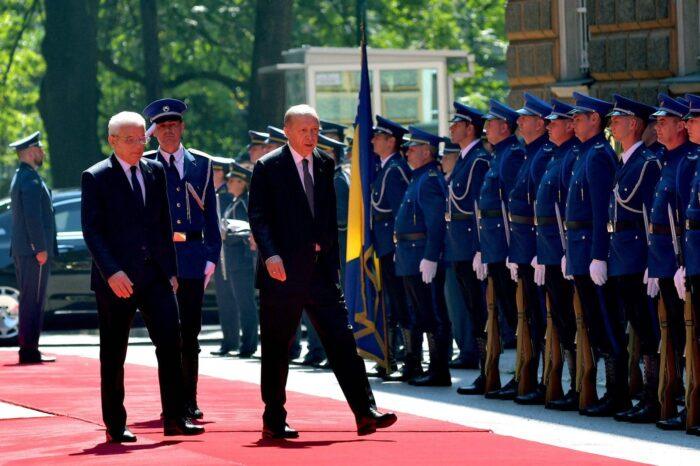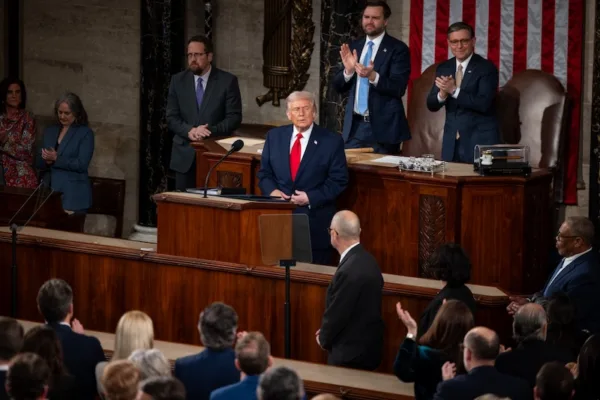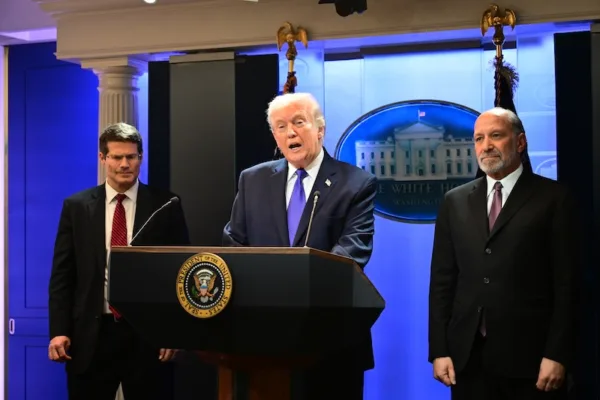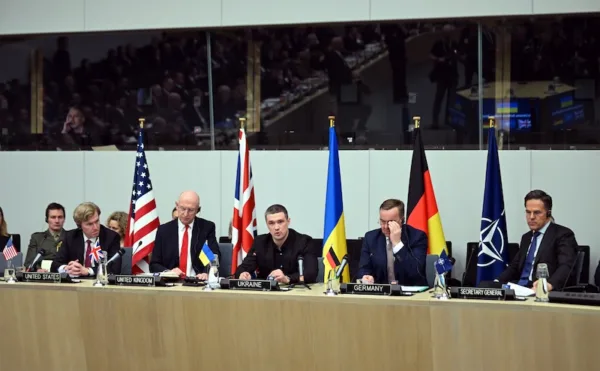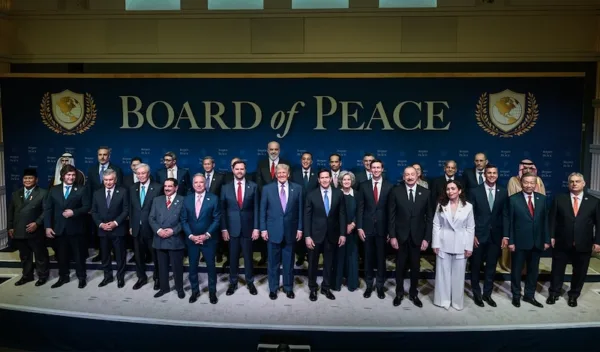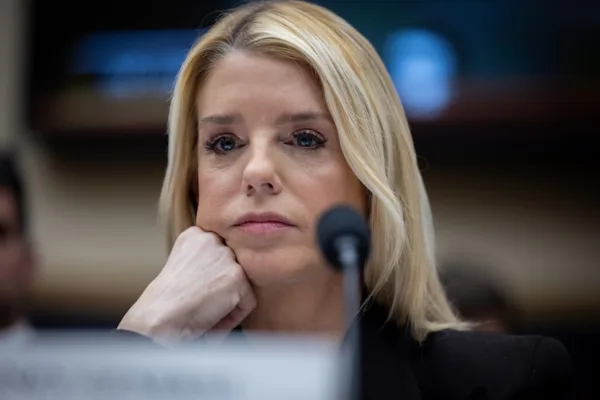Can US or EU adopt a logical position in Eastern Mediterranean?
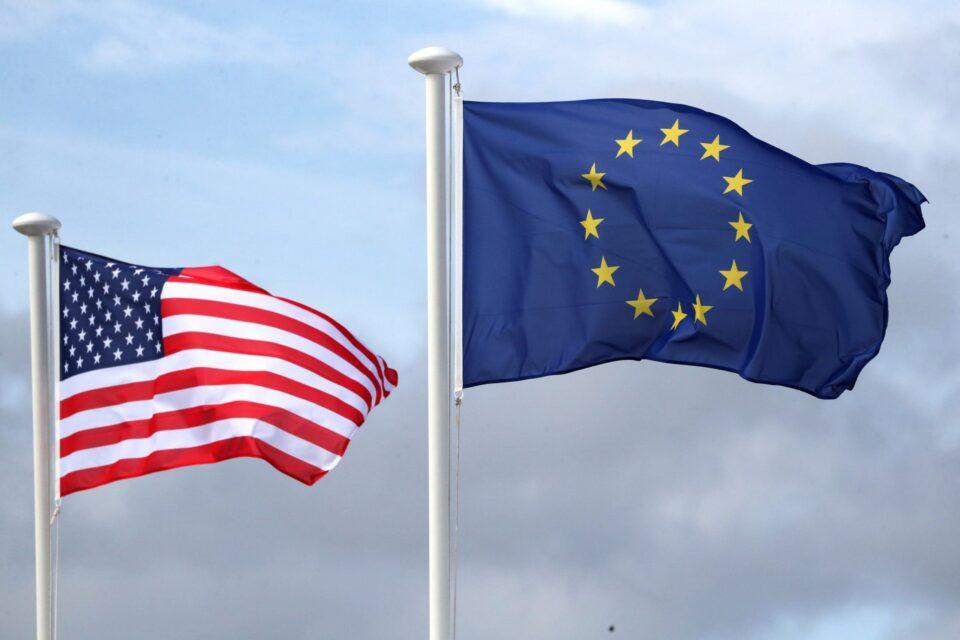
Since the emergence of the Eastern Mediterranean crisis, there have been a lot of debates and questions regarding the role of the major powers in the potential resolution of this dispute. After Turkey’s calls for dialogue and diplomacy fell on deaf ears in the early days of the crisis, many assumed that one of the major powers would play the role of mediator for this problem.
Of course, a lot of analysts thought that the U.S. would step up. After all, at the end of the day, it was a crisis between two NATO countries, taking place in one of the most significant geopolitical real estates in the world. However, it quickly became apparent that the U.S. was not willing to play this role in the region.
First, the rapidly changing and increasingly unpredictable U.S. foreign policy did not consider the Eastern Mediterranean a priority. The fact that the crisis was taking place between two NATO allies did not change this idea.
Second, the expectation that the U.S. could be a constructive force in this crisis dissipated following Washington’s steps in the Cyprus issue. The partial lifting of the arms embargo on the Greek Cypriot administration, in particular, greatly disappointed Ankara.
The U.S. Congress in this instance played a critical role by passing resolutions against Turkish interests in the region. This extreme pro-Greek position prevalent among some members of Congress fueled a reaction against Turkey.
It says a lot about current U.S. foreign policy that in the midst of such a major geopolitical tension, political observers and analysts do not expect a major initiative from Washington to resolve the problem. The decline in Washington’s diplomatic initiatives has become even more evident amid this crisis.
However, the lack of U.S. action during the crisis in the region surprised no one. During the Syria crisis, we witnessed the indecisiveness and inaction of U.S. foreign policy. Scholars and critics have conducted debates and discussions and written books on the topic of U.S. isolationism. However, no other major players in global politics have volunteered to fill Washington’s role to help resolve conflicts around the world.
In Syria for instance, it was a critical turning point when former U.S. President Barack Obama violated his own red line by not taking action after Bashar Assad forces used chemical weapons – though other actors, such as the European Union, also opted to leave the status quo unchanged.
The EU has remained mostly indifferent to one of the most significant crises in the Middle East. Over the past decade, thousands of refugees from Libya and Syria have lost their lives in the waters of the Mediterranean while attempting to seek a better life. Only after the flow of the refugees to European borders increased did the EU start to pay more attention to the crisis that was taking place in its neighborhood. Now with the crisis in the Eastern Mediterranean, all eyes are once again on the EU.
The postponed EU meeting on the Eastern Mediterranean issue will show if the organization is willing to overcome its foreign policy impasse and demonstrate if it has the ability to contribute to the resolution of the dispute. The maximalist claims of the Greek government and Athens’ attempt to use the EU against Turkey have already generated rifts within the EU.
The question is if the EU can contain the extremely ambitious and aggressive foreign policy ventures of one of its members and help resolve the dispute with Turkey. The outcome of the meeting will indicate what kind of role the EU wants to play in this increasingly complicated international system and how the organization wants to see the future of the region.
This article was first published by Daily Sabah on September 26, 2020.


